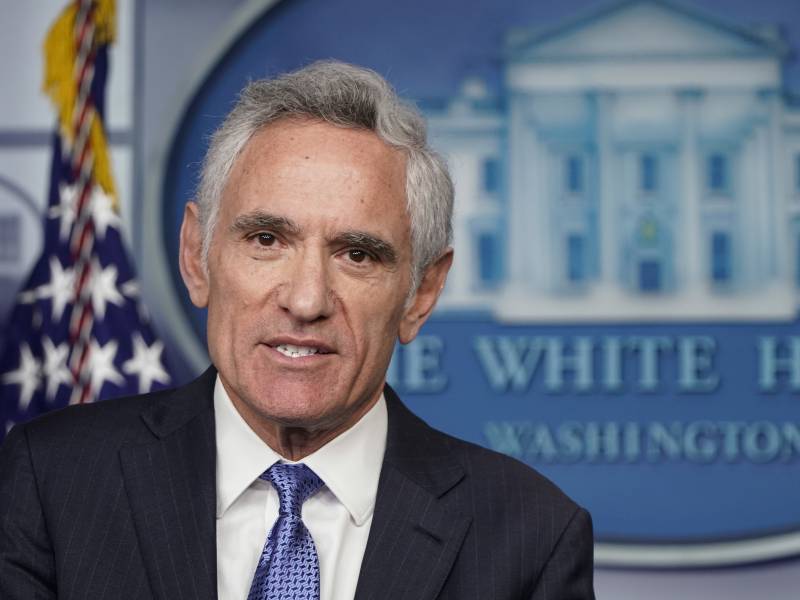Stanford University appeared to distance itself from Dr. Scott Atlas, a prominent member of the Trump administration's coronavirus task force, following his remarks that residents of Michigan should "rise up" against the state's new coronavirus restrictions.
University officials said in a statement that Atlas' position was his alone, and his comments were "inconsistent with the university's approach in response to the pandemic."
"Stanford's position on managing the pandemic in our community is clear. We support using masks, social distancing, and conducting surveillance and diagnostic testing," Stanford said in a statement Monday.
"We also believe in the importance of strictly following the guidance of local and state health authorities," the statement said.
Atlas is a senior fellow at the Hoover Institution, a conservative-leaning think tank based at the university. He's currently on leave and is serving as an adviser to President Trump.
Atlas was a professor and chief of neuroradiology at Stanford University Medical Center from 1998 to 2012, according to a university biography.
He does not specialize in the treatment of infectious disease.

9(MDAxOTAwOTE4MDEyMTkxMDAzNjczZDljZA004))